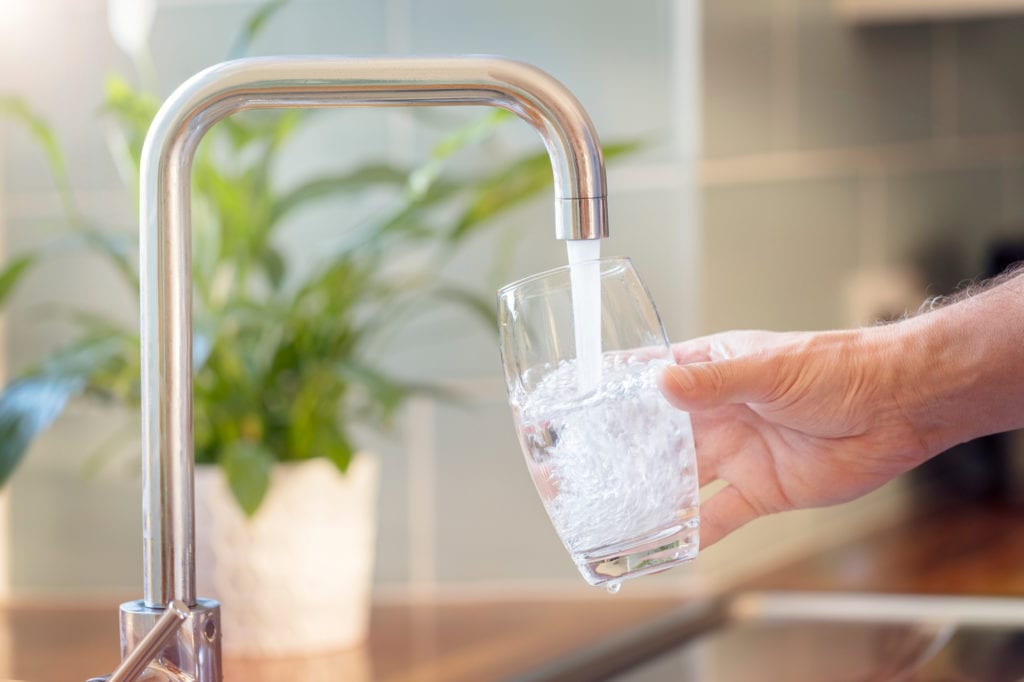Have you checked your home’s water quality?
Homeowners have many responsibilities when it comes to the upkeep of their home. They have to maintain and take care of the yard, garage, roof, drains, chimneys, plumbing and a plethora of repairs. Which is why water quality is the last thing on their minds.
More importantly, most homeowners do not really understand much about water quality to even care or think about it. However, many may experience a difference in the taste, smell or color of their water, which is a sign of poor water quality.
This can also be sign of poor or damaged plumbing, which is when you should consult the best plumbers in and around Jacksonville, Florida, for timely repairs and maintenance.
While plumbing is one reason for your home’s water quality to drop, there are also plenty of other reasons. Which is why you may need to get your home’s water quality tested and take action accordingly.
Let’s discuss what water quality is, who should get their water quality tested, how to get tests and what the tests results are like.
What Exactly Is Water Quality?
Water quality simply refers to how clean the water is – the cleaner the water, the higher the water quality. The nature of water is such that it contains all kinds of impurities and pollutants from the elements as it falls down as rain and finds its way into our taps.
In the US, our water is filtered by water treatment plants across the country. They remove all potentially harmful impurities and pollutants from the water so that we can drink clean water. However, there are many homes in the US that do not get water from these plants, especially in rural areas of the country.
Who Needs Their Water Quality Tested?
Majority of the people living in the US are provided water from companies that source it from rivers, lakes, streams and other similar sources.
This water is then filtered through a water treatment plant and your supplier is responsible for its quality. They have to meet strict government standards and deliver water that is up to the standard. If you get this water, you do not need to test it because you can get a quality report from your supplier.
However, a majority of the over 57.2 million Americans living in rural areas have to rely on private or public wells that supply them with untreated water. This water is not entirely bad, in fact, it is drinkable in most cases but the quality is not as good, and it can easily contain harmful impurities.
It is more important for residents and homeowners in these rural areas to test their water quality to make sure that it is drinkable and safe. The National Ground Water Association highly recommends that the owners of wells get the water quality of their wells tested at least once a year.
If you get your water supply directly from a private, shared or public well, you need to test its water quality because it is not being treated in a plant or checked by a supplier.
How to Get Your Home’s Water Quality Tested
The best way to get your home’s water quality tested and make sure it is up to drinking standards is to get it tested from a certified laboratory. You can find labs accredited by the Department of Environment Protection (DEP) to get the most accurate results of your water quality.
These labs will require a sample of your home’s water and test it for the type of test you want them to conduct. They will give you guidance on how to collect a water sample from your home, you must follow it exactly to get accurate results. Once tested, they will send you the results in a detailed report.
Your Home’s Water Quality Test Results
The results of your home’s water quality will differ depending on your location in the country. This is because water quality is different everywhere and your location may have a different water quality than that somewhere else.
They are also different because the pollutants and impurities differ from location to location. Here are some common pollutants and impurities found in the results of water quality tests.
- Hardness of water
- Chemicals
- Bacteria
- Arsenic
- Lead
- Copper
- Other metals
- E. Coli
- Nitrate
These are common pollutants and impurities but it is not necessary that you find any or all of them in your home’s water quality. When you get your results, you will better understand what is polluting your water and at what density.
It may be rich in one or multiple chemicals or pollutants that are affecting its quality. With the results, you will be able to determine if these pollutants are an immediate threat to your health, have long term consequences or if they are putting you and your family at higher health risks of specific conditions.
Quite often, it is not that the water has impurities that are dangerous or put you at risk, but they simply change the taste of your water. If this taste is unpleasant, you can seek the correct countermeasures to change that.
Conclusion
You can tackle any number of impurities and pollutants by adding water filtration or purification systems around your home or by simply maintaining your plumbing. In many homes, the water quality is compromised by unhygienic, rusted, corroded or damaged plumbing.
You can reduce the levels of chemicals, metals and other impurities in your home’s water by simply maintaining good plumbing. Moreover, installing filtration and purification systems specific to your needs can greatly help filter out known impurities and pollutants from your home’s water.
These systems can be installed in your faucets, under sinks or even to your water main, ensuring your entire home gets filtered water. Whole house water filtrations systems can include water softeners, UV disinfectant units and other filtration systems to combat general or specific impurities and pollutants.
There are many different solutions that can improve your home’s water quality and the majority of them require an experienced and skilled plumber to install them around your home. Which is why we highly recommend Top of the Line Plumbing in Jacksonville, Florida.
These are expert plumbers who know exactly how to repair, maintain and improve you plumbing and even install specific filtration and purification systems according to your needs.
If you want to learn more about your home’s water quality, get water filtration and purification systems installed or simply need plumbing repairs, please Contact Us today.

